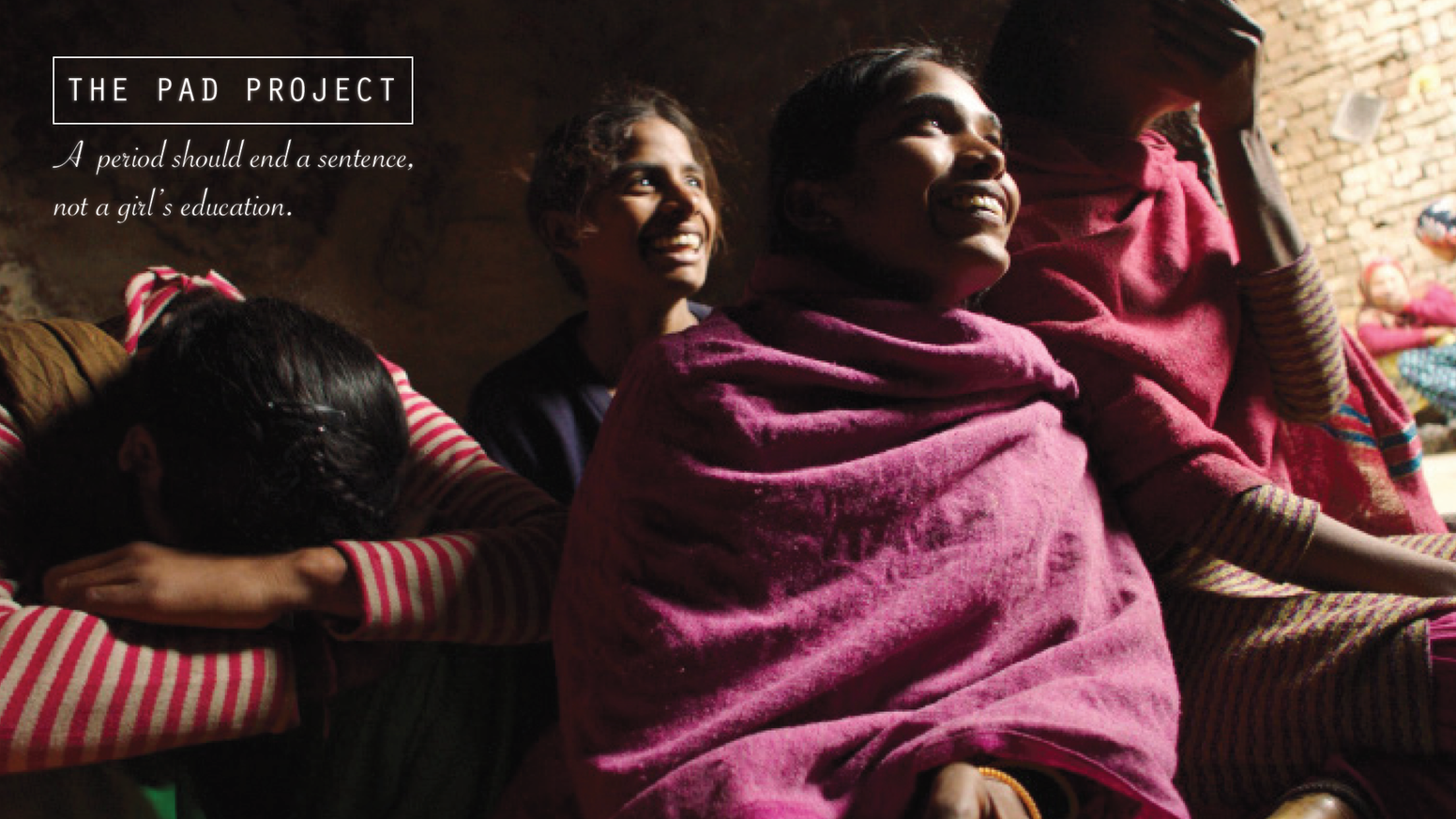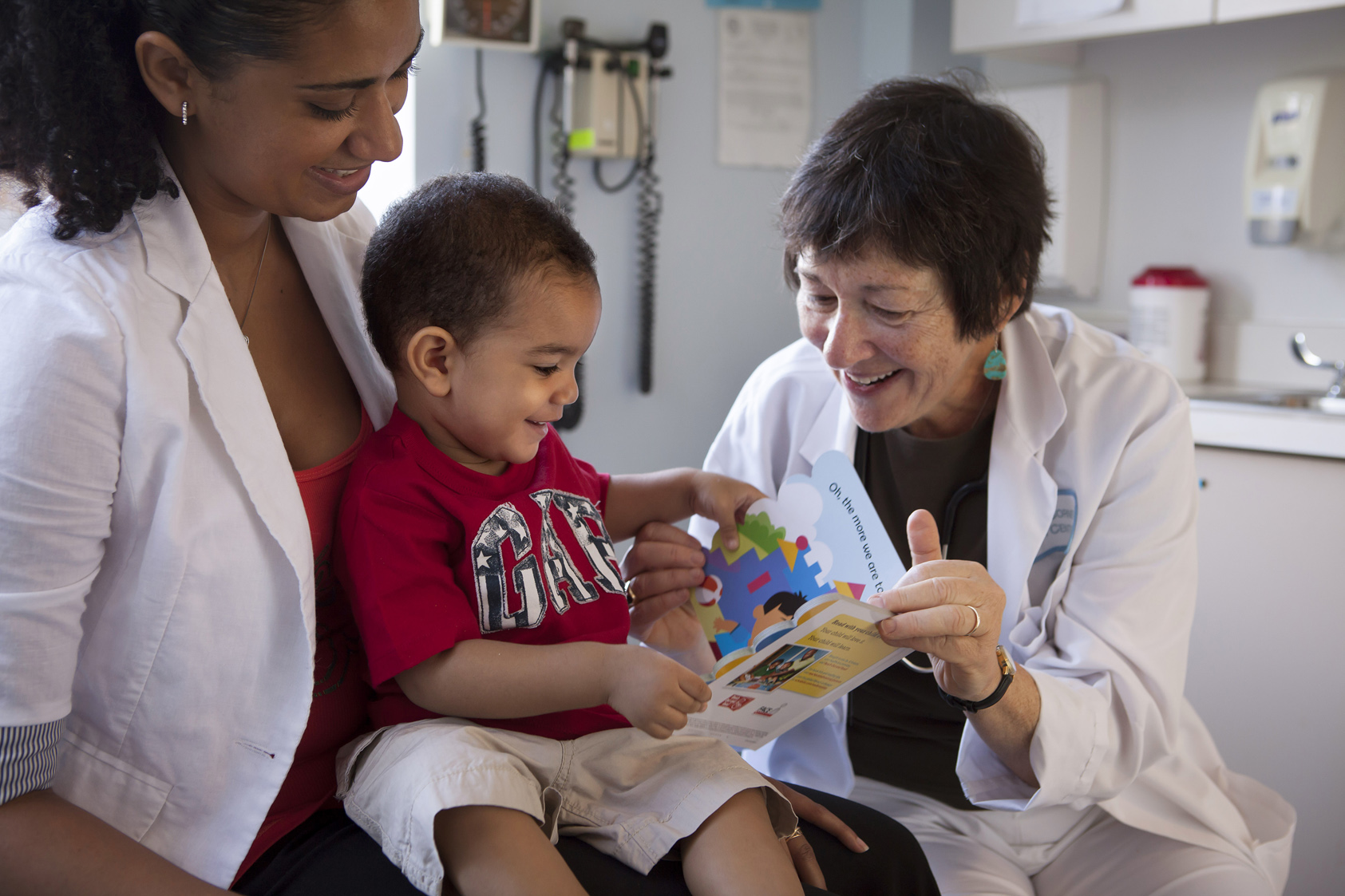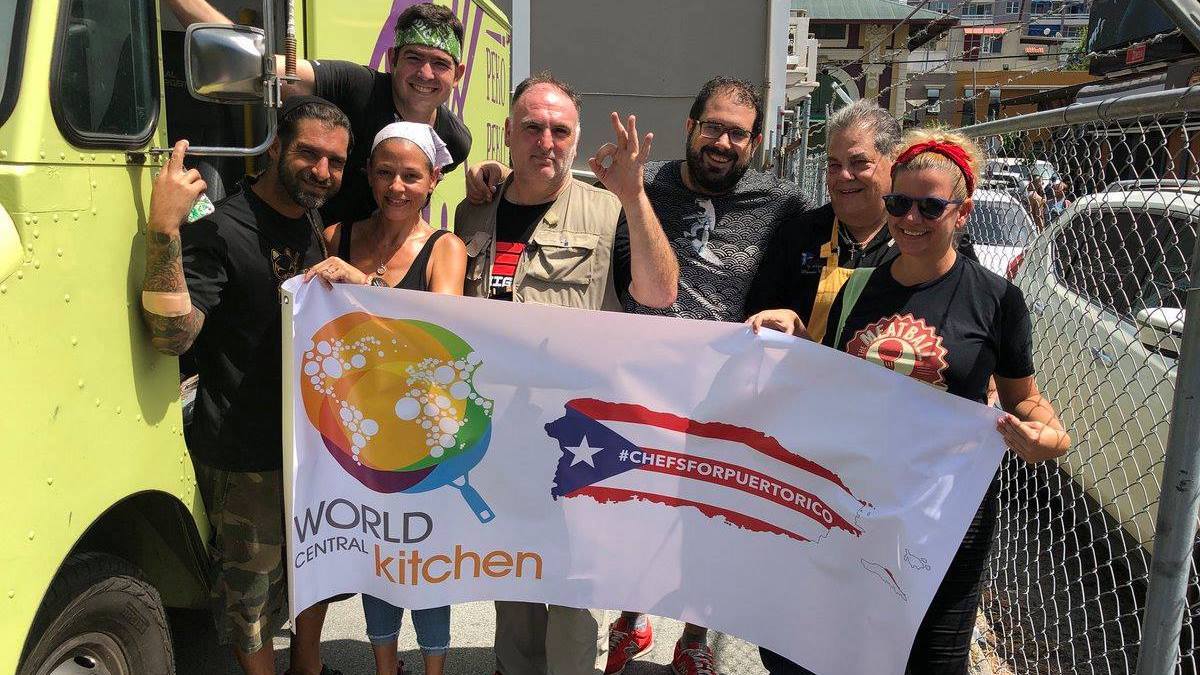
Next in our series of posts about new Charitocracy nominees, we have nominee The Pad Project, nominated by donor spencer. They provide pad-making machines to underprivileged communities so girls' educations won't be interrupted by their periods. You can find their web site here.
A few words on Charitocracy
Firstly, for newcomers: here's how it works. Donors pool their monthly contributions, as little as $1. The cause with the most votes each month wins the pot. No matter how much or how little you contribute, each donor at Charitocracy gets one vote. This is where charity meets democracy. So please share this post and ask your friends to join us and vote! That's how we spread the word and, as a result, grow the monthly pot. The bigger the pot, the bigger our positive impact on the world!
About nominee The Pad Project
When a girl gets her period in the U.S., she may miss a class.
When a girl gets her period in a developing country, she may never go to school again.A period should end a sentence, not a girl's education.
But, unfortunately, that's exactly what's happening all over the world.
Too many girls cannot afford or access sanitary pads, which means that when they get their period, they have to turn to unhealthy alternatives like dirty rags, leaves, or ashes. On top of their high risk of infection every time their period comes, they also have to miss school--and the more school they miss, the more likely it becomes that they will fall too far behind and have to drop out entirely.
But there is a new invention that solves this problem.
A man named Muruganantham created a machine that makes affordable, biodegradable pads from locally sourced materials.
Better still, the machine does more than just supply girls with pads: it supplies a steady income to the women in the area who want to work on it.In other words, this machine helps both girls and women gain independence.
Our job is to aid that independence, and here is how we do so:
- Connect with activists on the ground who have communicated that they need the machine.
- Learn about the area's specific needs from the local experts and make sure that we can supply enough funds to cover each one (for example, we always check if an area has sufficient power, and if they don't, we will supply solar panels).
- Raise enough money for one machine, a years' worth of supplies (after which the machine and its profits will become a self-sufficient microeconomy for the women in the area), and a team of local women who can educate other women how to use the machine and also how to destigmatize periods.
Help us spread the word about our award winning documentary, raise more awareness and launch a monumental movement through our newly created non-profit, The Pad Project, LLC, a California non-profit corporation.
When so much of the world's narrative around the period revolves around shame and secrecy, this project transforms it into a source of enlightenment and pride.
Our biggest hope is to get as many people as involved as possible, so that no girl will ever have to miss school because of her period again (which happens in low-income areas in the United States as well, which we also raise money for).
We started out as students, and at the end of the day, all we want to do is help other students.
If you have read this far, it would mean the world if you would donate and get involved.As the inventor of the machine, Murugananthem, says: "The strongest creature on earth is not the elephant, not the tiger, but the girl."
So visit The Pad Project's page on Charitocracy to vote for, like, or discuss this cause! And watch this intriguing trailer for the Oscar-winning documentary about the origins of The Pad Project, now available to watch on Netflix:



